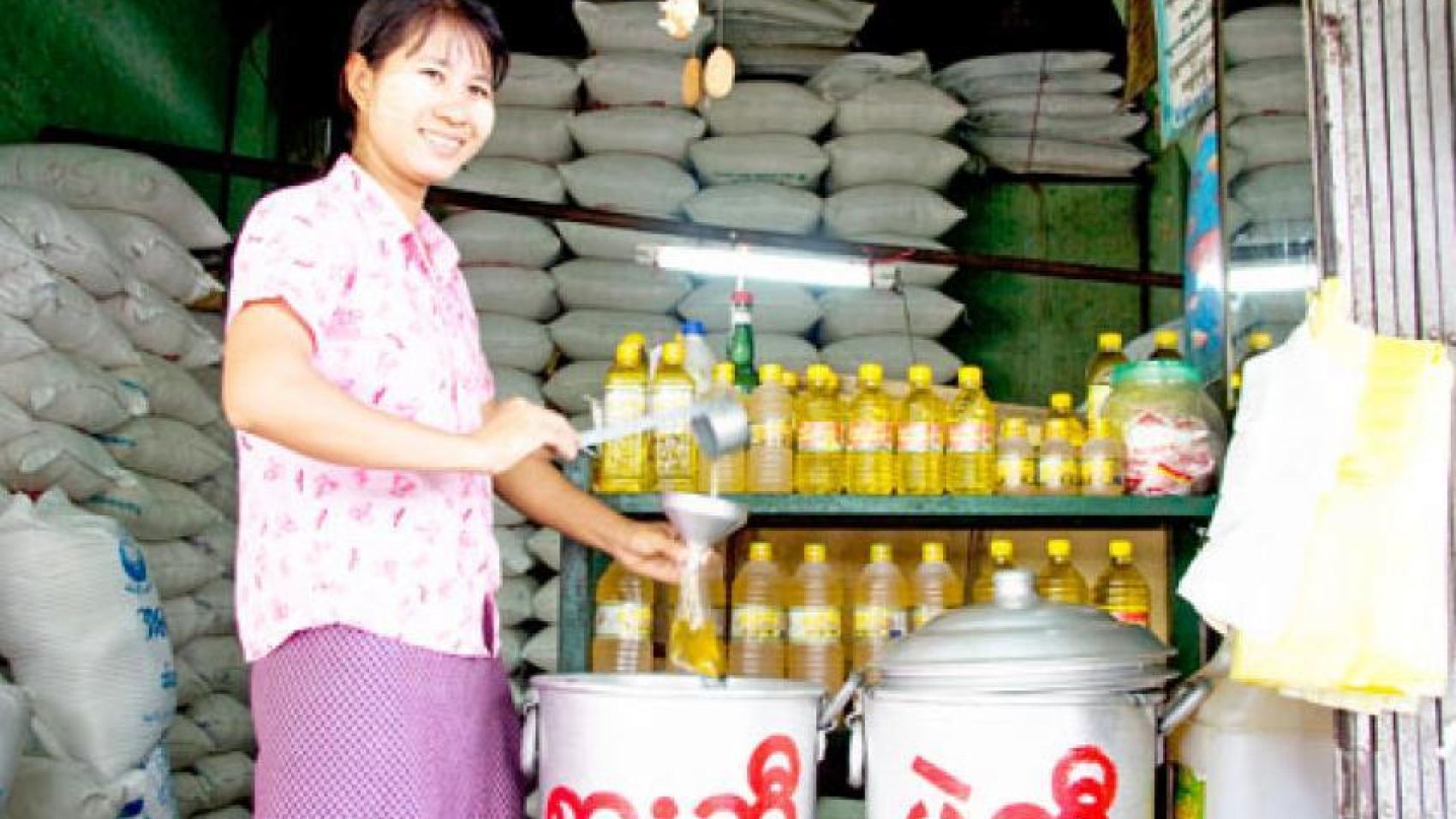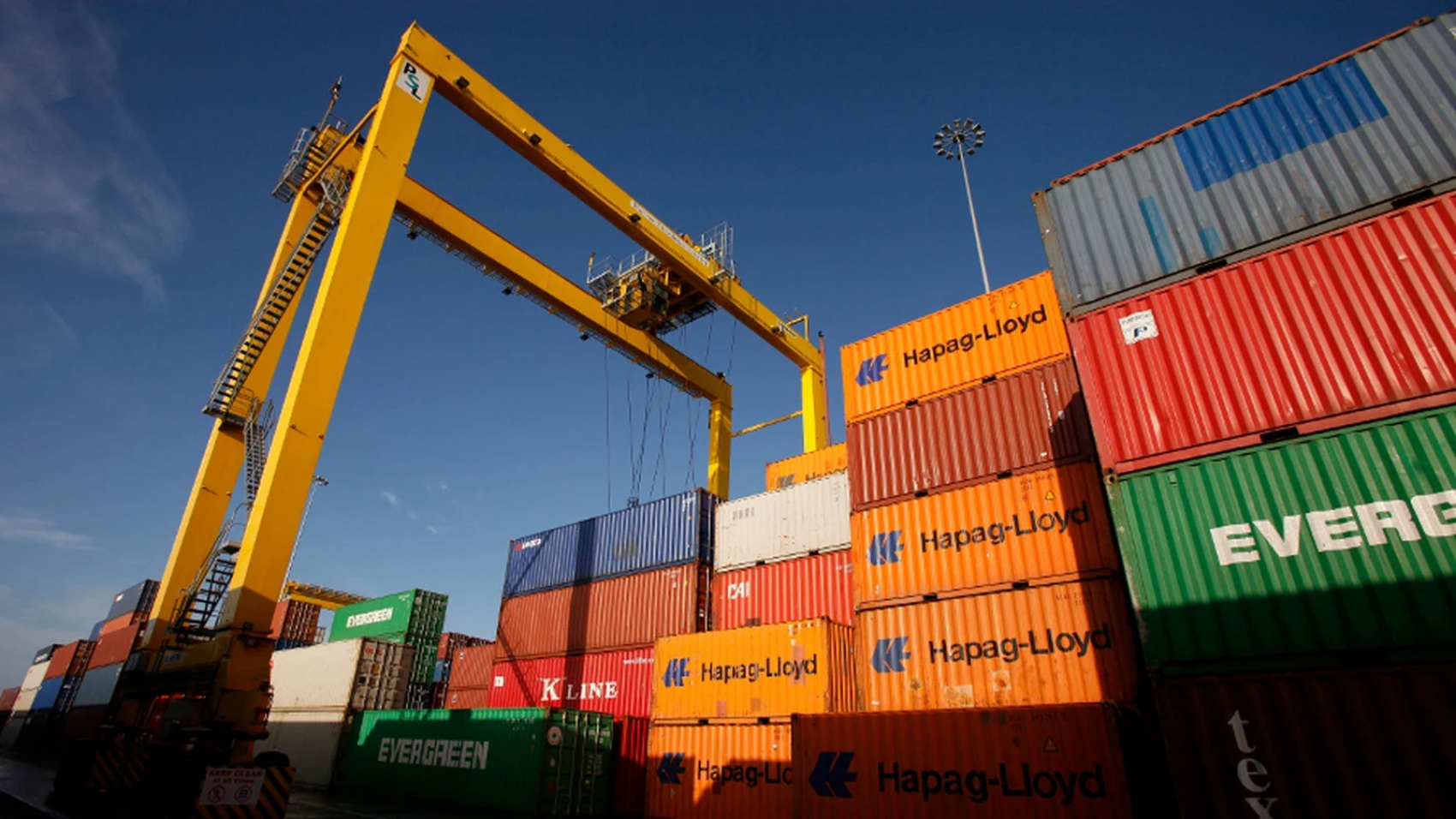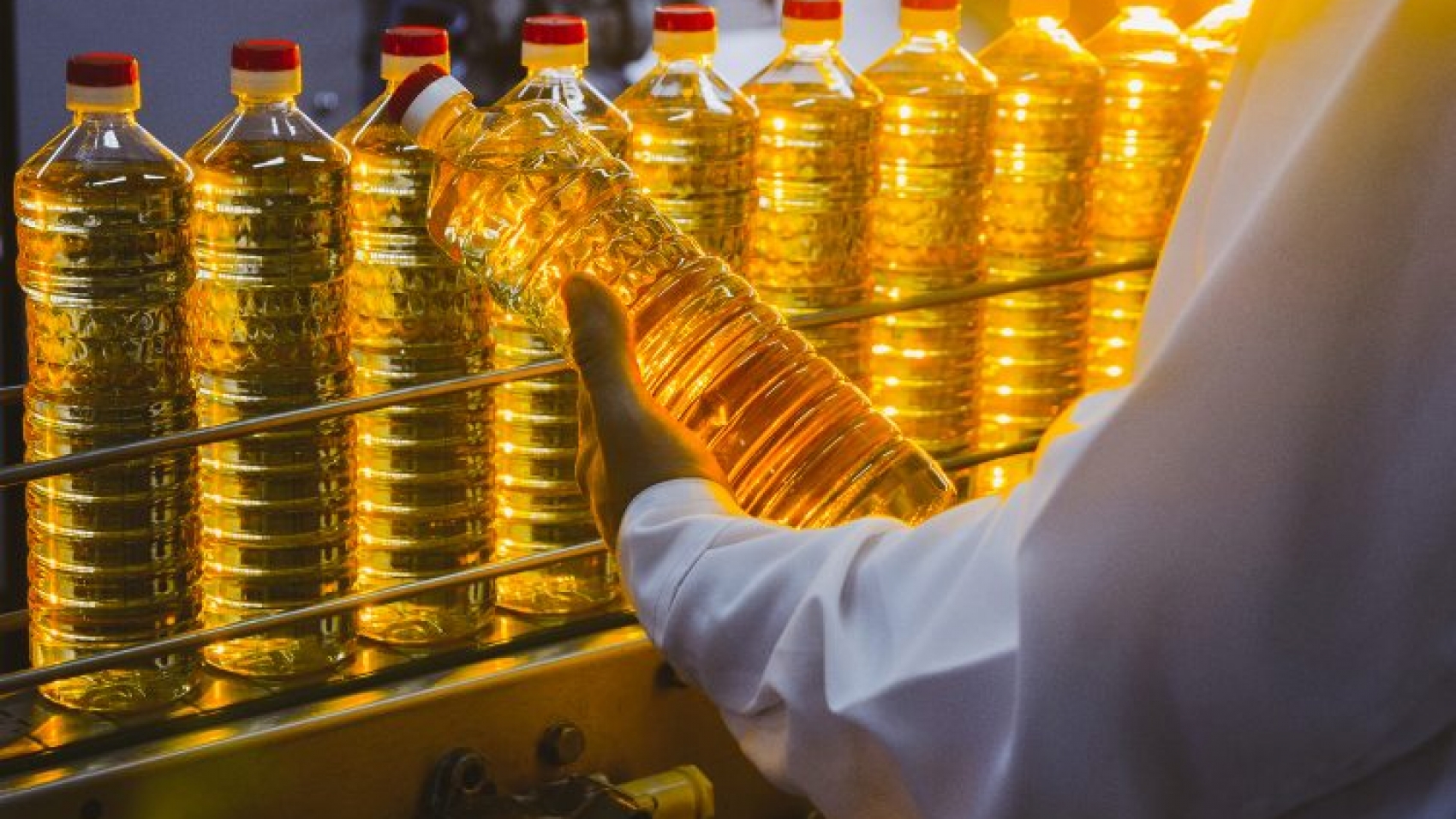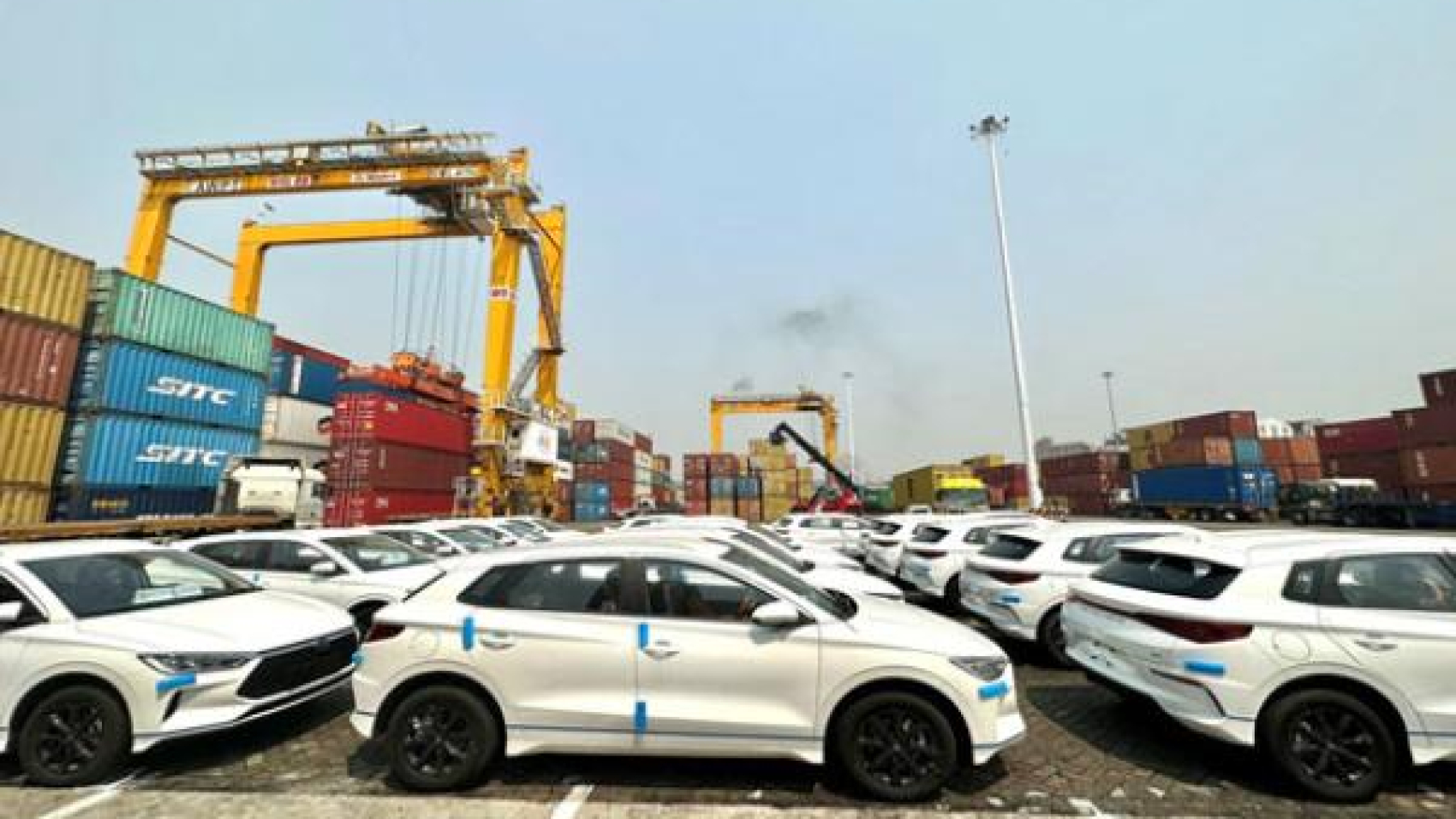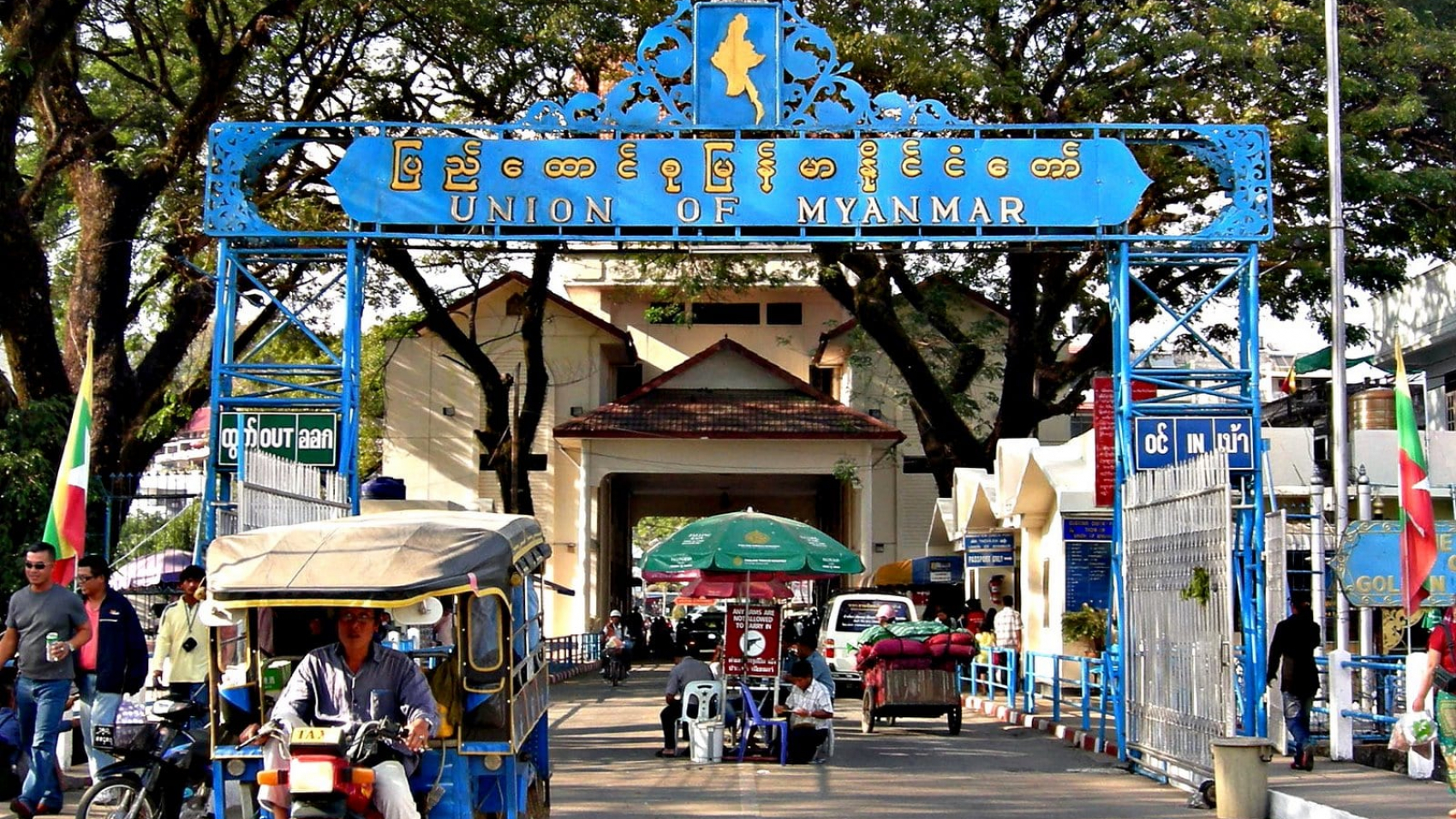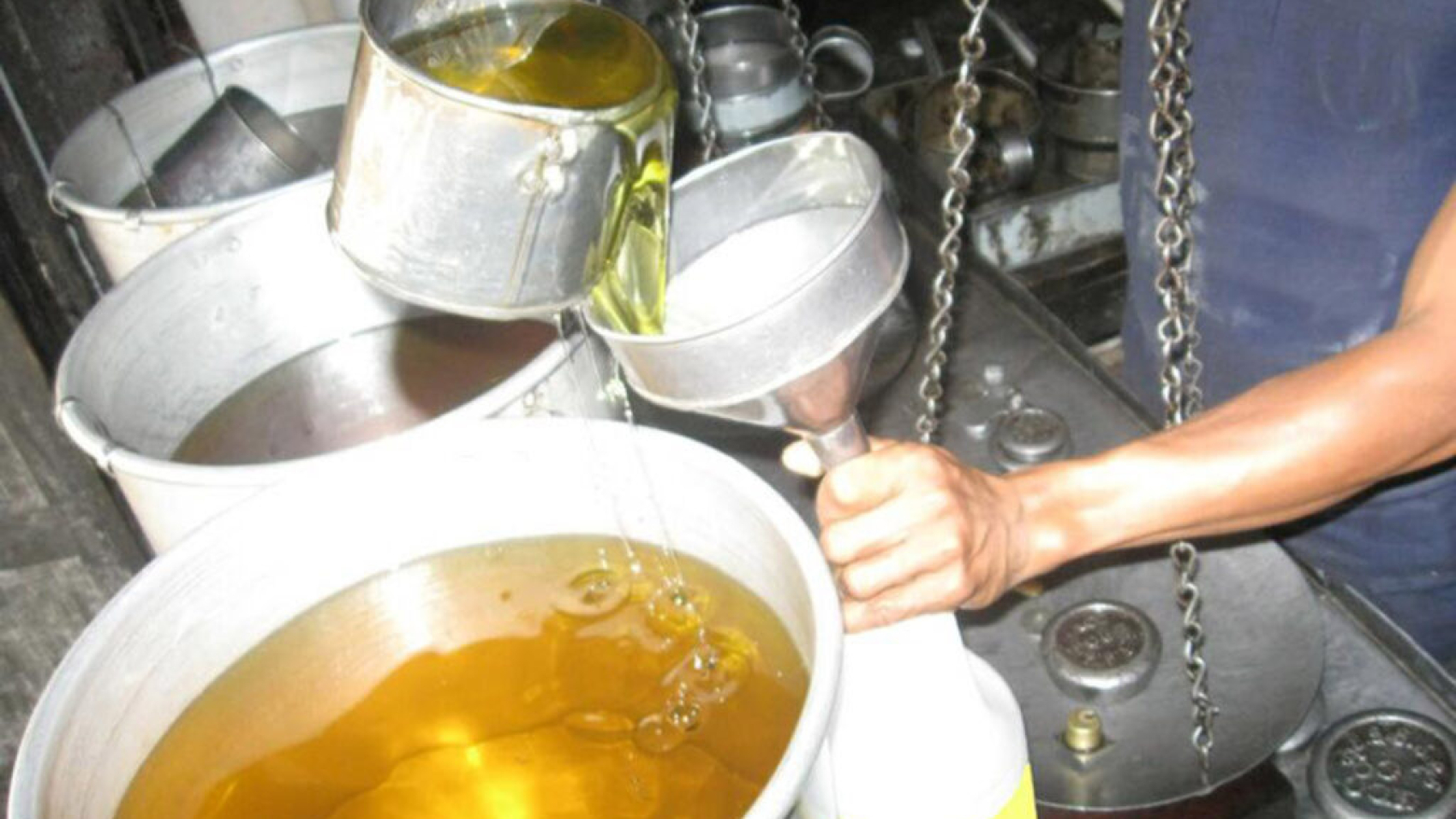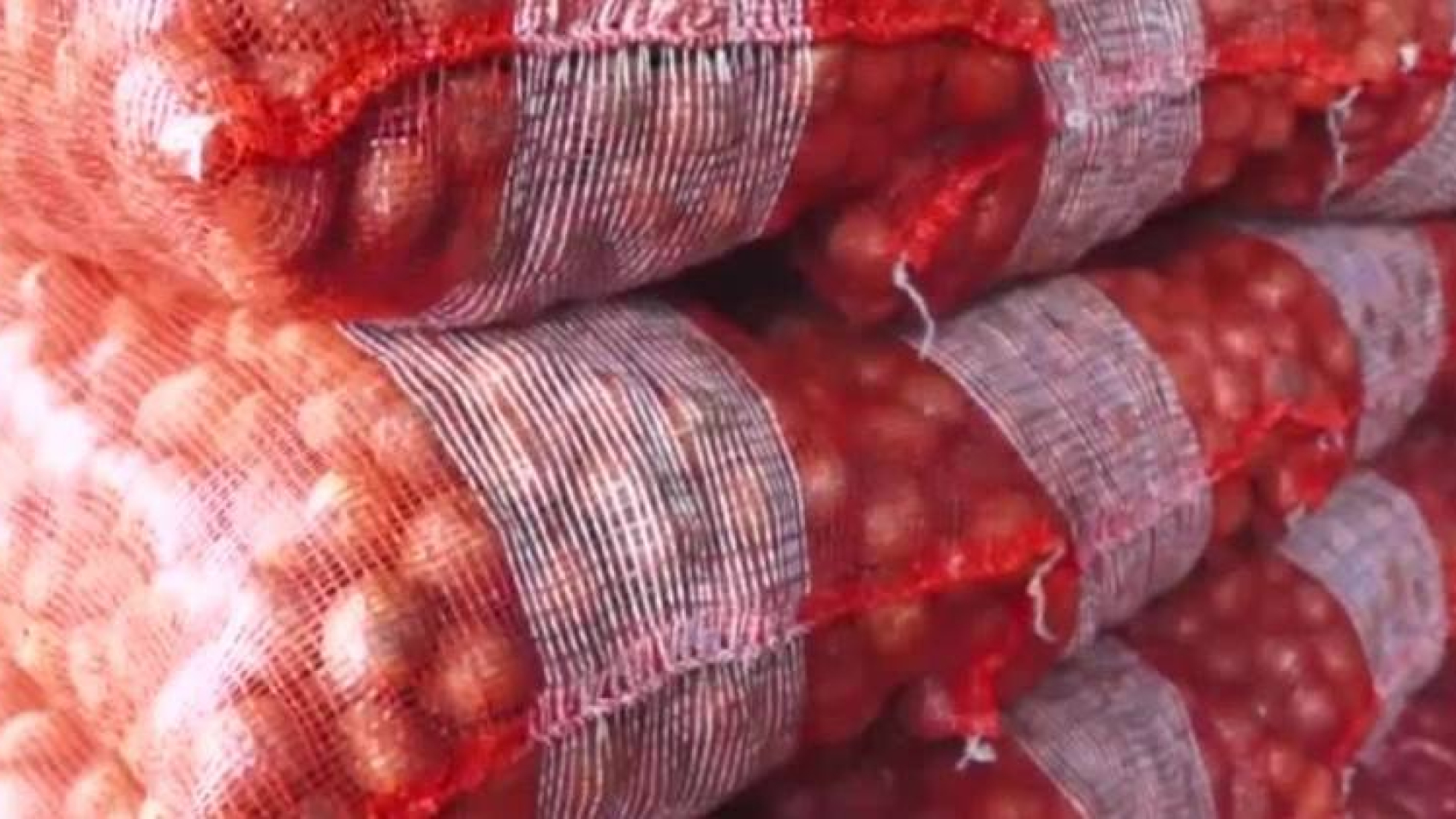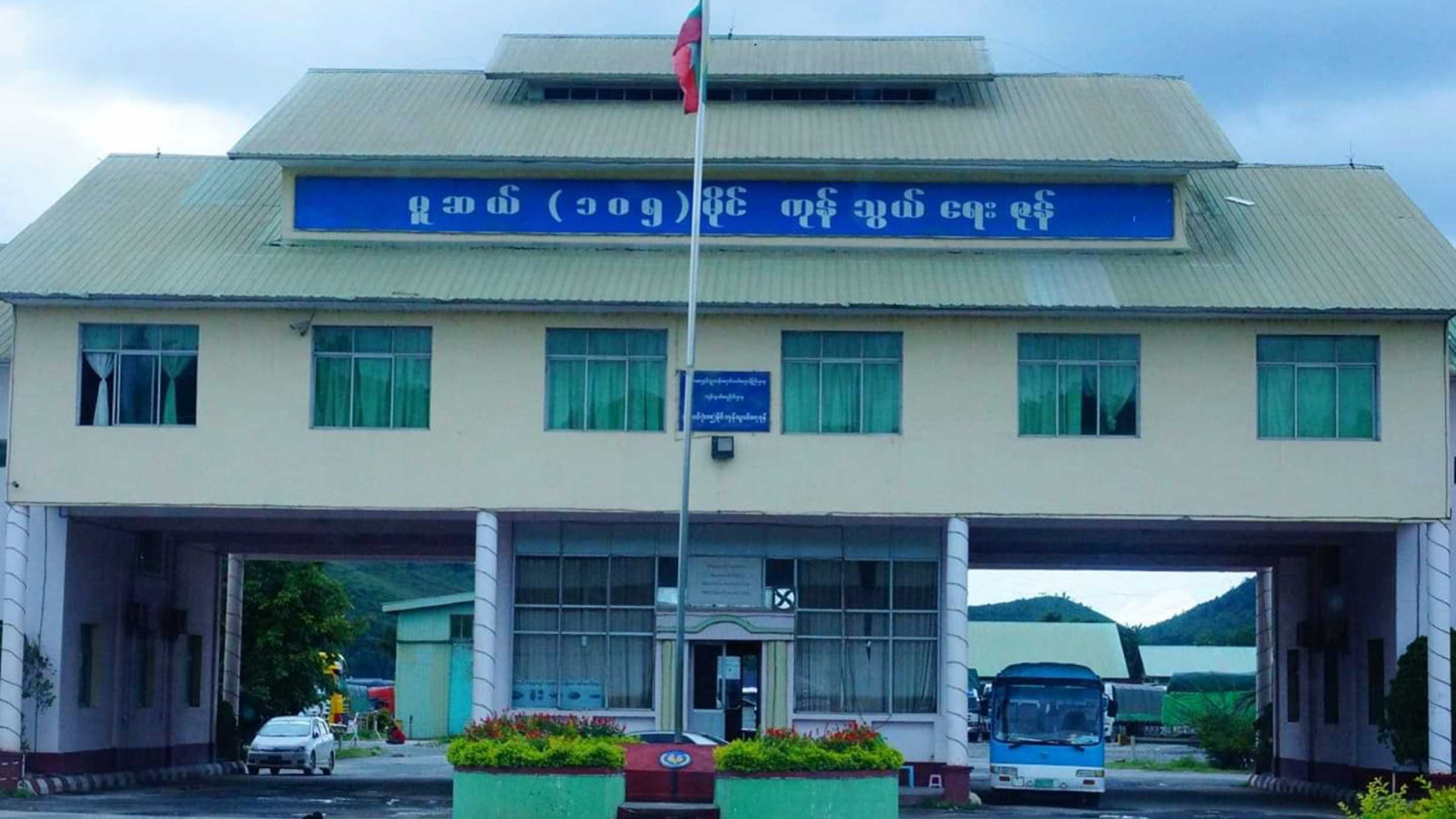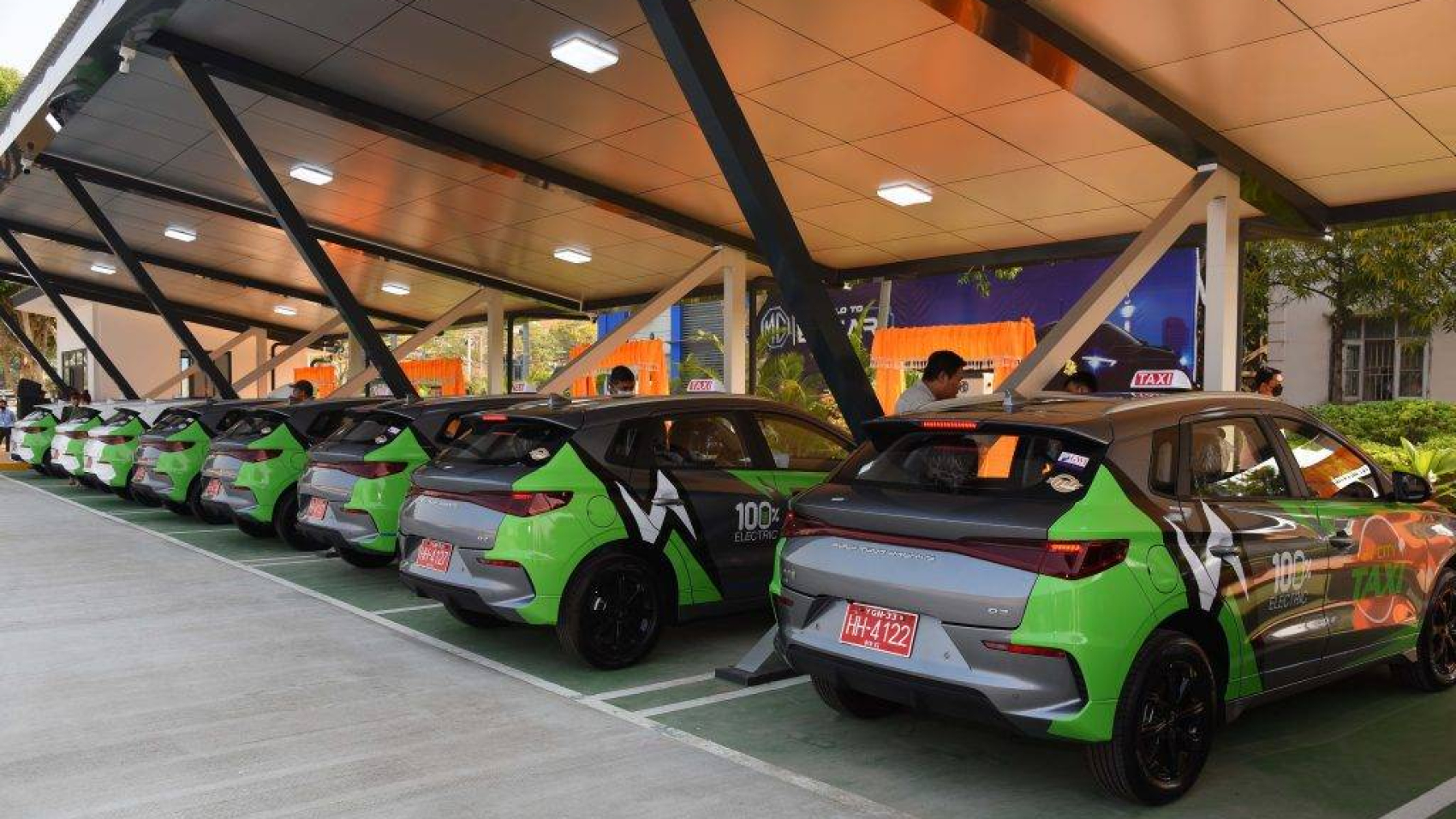Myanmar has been bringing in electric vehicles (EVs) under the customs tariff relaxation through seaborne and border trade routes, according to the Ministry of Commerce. On 3 March, a fleet of 30 Dongfeng EVs imported by Asia Pacific Automaker Corporation Co Ltd arrived in the Muse 105th mile trade zone in northern Shan State. They are allowed to be withdrawn following the rules and regulations. Furthermore, 19 EVs (BYD) imported by Earth Renewable Energy Co Ltd also arrived at the Hteedan port. They were also claimed in line with the procedures.
Chindwin Shan Co Ltd also took out 7 kW GB AC five chargers for EVs on 21 February 2023 from the port terminal. The importation of the EV charger is exempted from Customs tariffs to enhance the EV sector in the domestic auto market. Myanmar Investment Commission also released a statement on 15 February that electric vehicles and related businesses will be promoted as the priority sector as per its notification dated 15 February. In the exercise of the power conferred by Sections 43 and 100 (B) of the Myanmar Investment Law, the MIC issued this statement with the approval of the Union government.
Enterprises executing installation, manufacturing and restoration services of the EVs, renewable electricity generation, EVs charging service businesses, electric vehicle battery production, EV battery and related service business, electric bus operation services, electric taxi and transportation service businesses and scientific research development business are included in those priority sectors.
During the establishment and ideation phase for incorporation and operations, those businesses can seek a permit from the MIC to enjoy tariff relief or zero-Customs tariff status and the exemption for other taxes levied in the country under Section 77 (A) of the Myanmar Investment Law and income tax exemption under Section 75 (C) of the Myanmar Investment Law for the importations of machinery, essential equipment and accessories, spare parts and construction raw materials that cannot be found in domestic markets.
Electric vehicles (EVs) are entitled to zero-Customs tariff status, according to the notification released in early November 2022 by the Ministry of Planning and Finance. To encourage the number of EV users and improve the related business, tariffs of battery electric vehicles (BEVs) imported under Completely Built Up (CBU), Completely Knocked Down (CKD) and Semi-Knocked Down (SKD) in Customs Tariff of Myanmar 2022 were reduced to zero per cent in line with the decision of the Union Government.
Types of BEVs include road tractors for semi-trailers, buses or motor vans for the transport of ten or more people including the driver, truck, motor vehicle for personal use, three-wheeled vehicles for the transport of persons, three-wheeled vehicles for the transport of goods, electric motorcycles, electric bicycles, ambulances, prison vans and hearses. According to this directive, the imports of spare parts (for instance, charging station equipment and device) with the recommendation of the Ministry of Electric Power and the Ministry of Energy and the spare parts with the recommendation of the Department of Industry can be done between 2 November 2022 and 31 March 2023.
Source: The Global New Light of Myanmar

